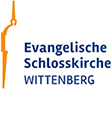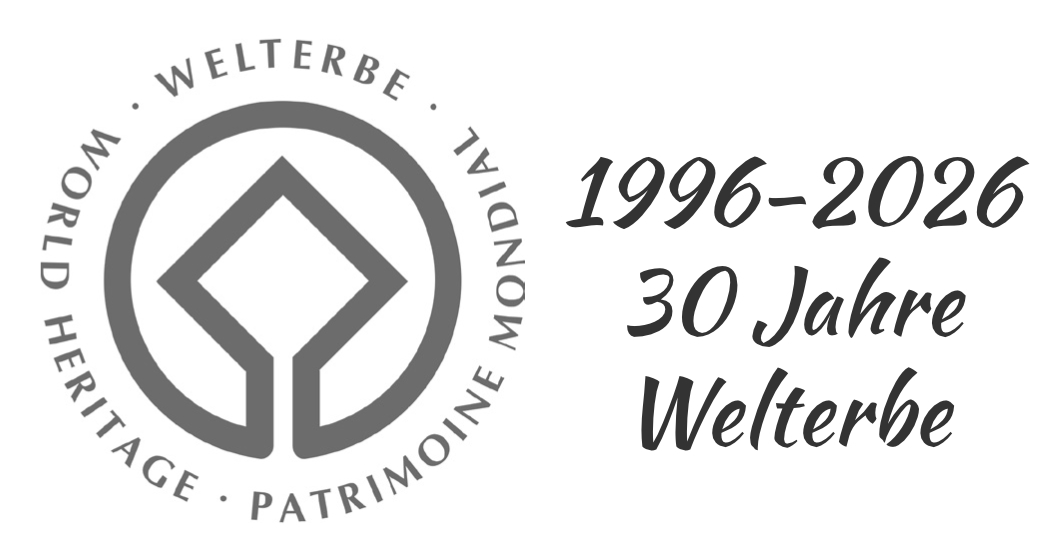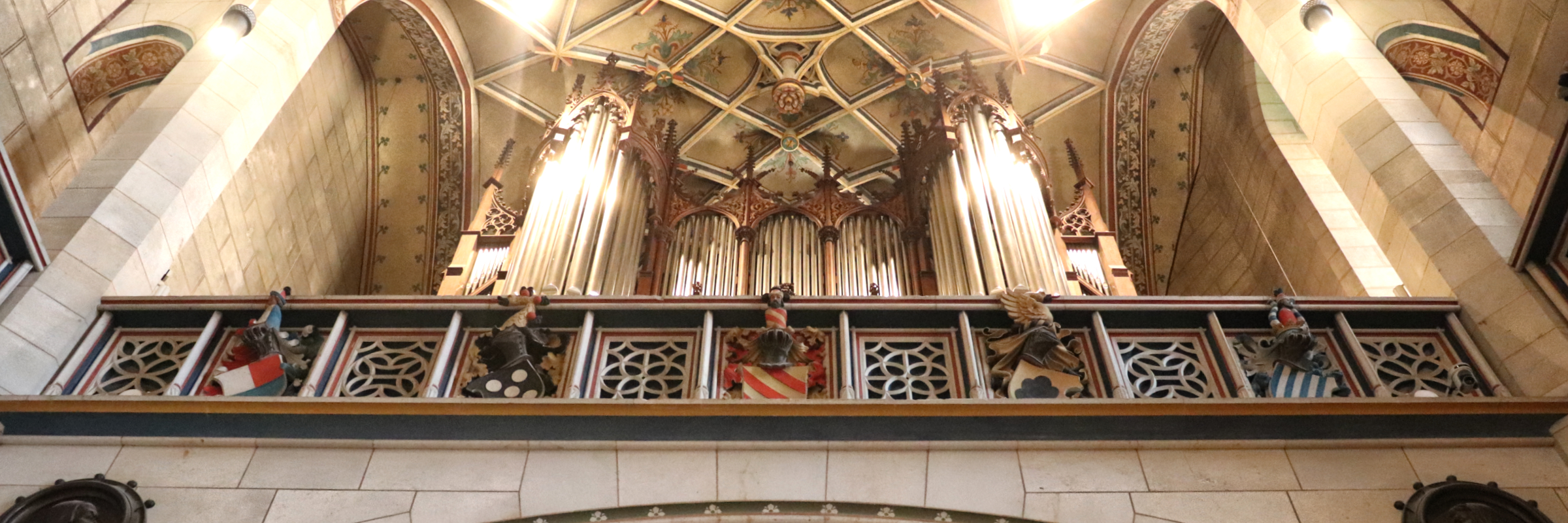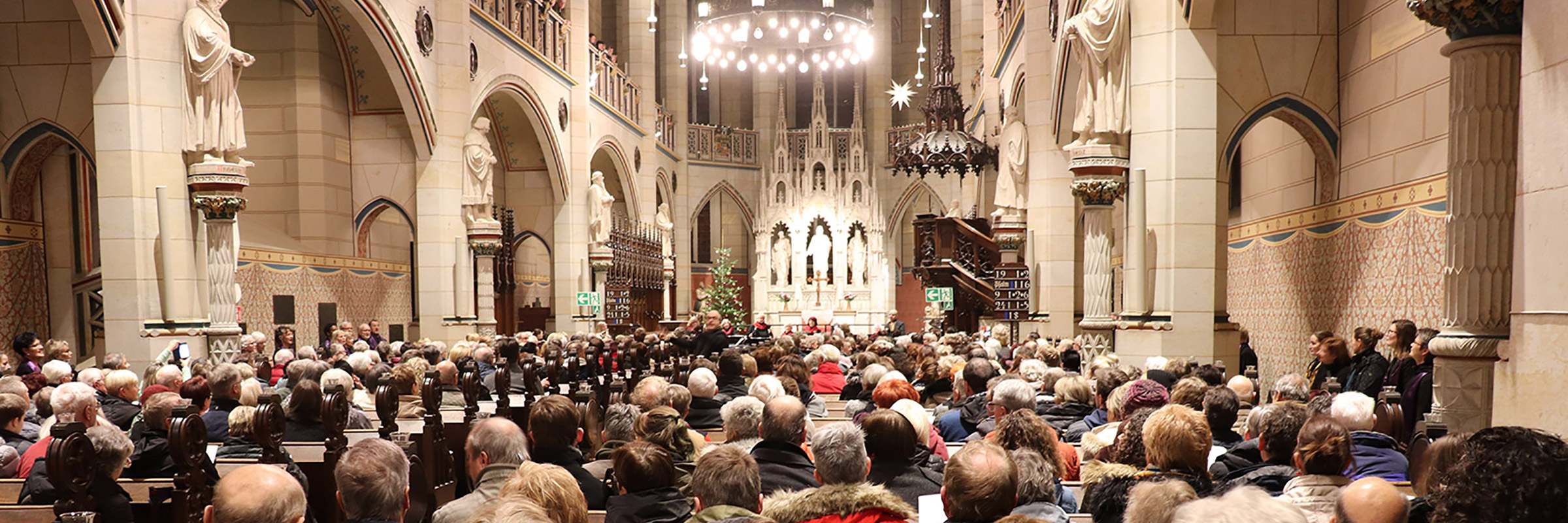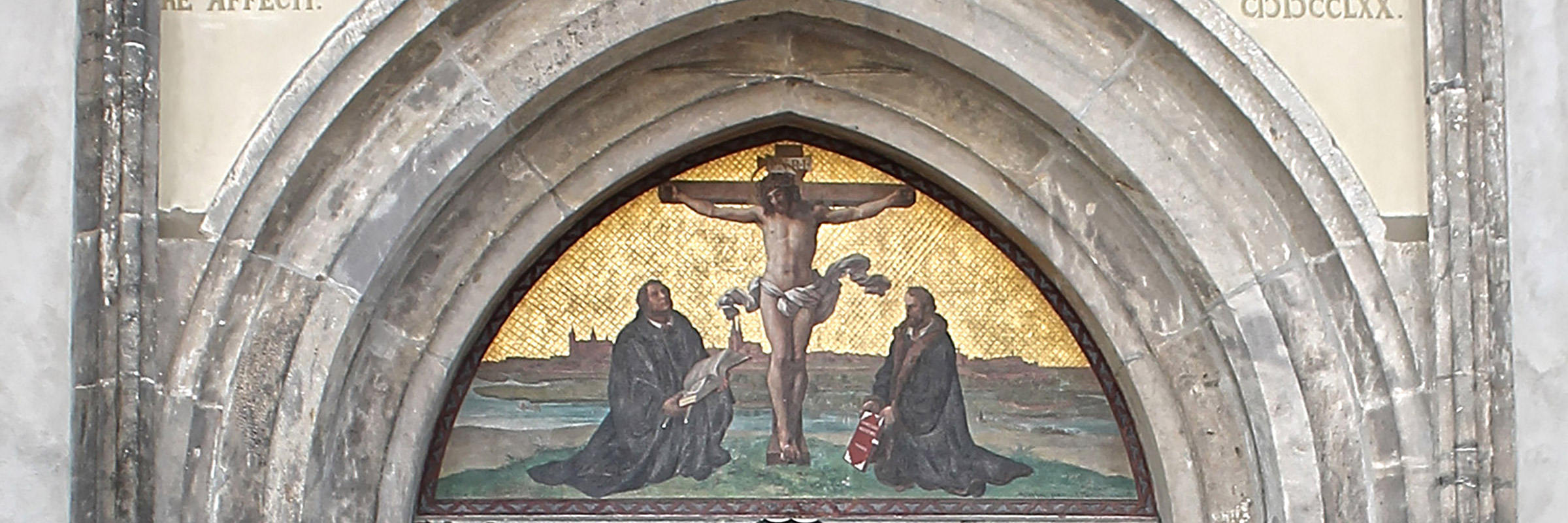Events Calendar
On German Unity Day, October 3rd, at 12 noon, a special concert for organ and trumpet will be held in the Wittenberg Castle Church. Only modern works will be performed, i.e. music from the 20th and 21st centuries by composers from Sweden, Italy, Canada and the USA. Vincent Ryan from Philadelphia, who has often performed in the Castle Church, will play the organ, either as an organist or as an accompanist for the gospel choir on the piano. Keith Christian, also from the USA, will play the trumpet.
Admission is free, but donations are requested at the exit.
On Ash Wednesday, February 18, 2026, the Protestant Lenten campaign "7 Weeks Without" begins. Until April 6, under the motto "Feeling! Seven Weeks Without Harshness," it invites participants to consciously experience Lent. The focus is on compassionate interaction: perceiving the pain of others, offering support, and discovering new ways of being together. Harshness can manifest itself in many ways in everyday life: in harsh words, in situations that hurt us or leave us speechless. Often, we put on our own armor to protect ourselves—and yet realize how much this distances us from one another. The "7 Weeks Without" Lenten campaign invites us to take a different path in 2026. Further information is available at https://7wochenohne.evangelisch.de/ [Photo: Jodie Griggs / Getty Images]
30 Years of World Heritage
In 1996, the castle church was inscribed on the UNESCO World Heritage List as an almost completely preserved prime example of 19th-century monument preservation. From 2012 to 2016, it was renovated and restored with funding from the State of Saxony-Anhalt, the Federal Republic of Germany, the European Union, and private donors.


